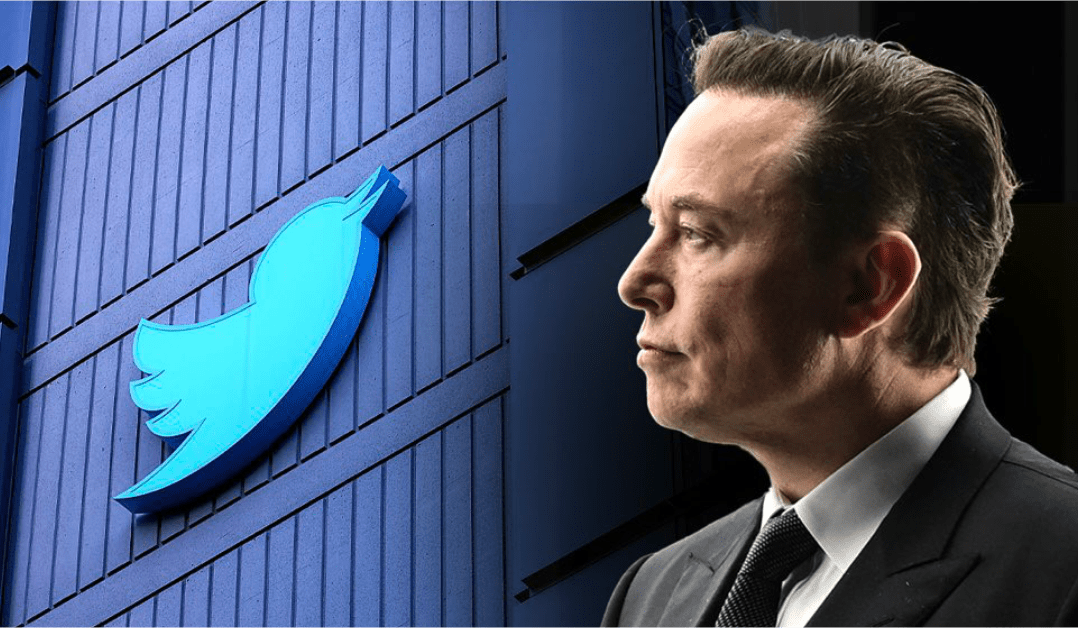Gradatim Ferociter (Step By Step, Ferociously)
Richard Branson’s Virgin Galactic space flight finally happened in 2021.
Sir Richard Branson and five other crew members were safely launched into sub-orbital space by Virgin Galactic last week in a historic mission that was the first fully crewed flight of its VSS Unity spacecraft.
Richard Branson stated, “To all you kids out there – I was once a child with a dream, looking up to the stars, as I drifted in zero-gravity in the spacecraft. I’m an adult in a spaceship right now. Just think about what you can do if we can do this.
I described how I discovered Virgin Galactic’s initial setback in a piece titled “3 Lessons I Learned from Richard Branson” many years ago.
Just four months after I first met Sir Richard Branson, I watched him on television in the Mojave Desert, surveying the remains of Virgin Galactic’s SpaceShipTwo, which had crashed, killing one pilot and seriously injuring the other.
This accident raised serious questions about Virgin’s plans for space travel. Richard said when asked about the mission’s status following the fatal crash, “Yesterday we fell short, we’ll now thoroughly assess the crash’s results, and we’re determined to learn from this and move forward.”
In 2021, Virgin Galactic’s planned space voyage really took place. The voyage was conducted by Blue Origin’s billionaire creator Jeff Bezos and took place nine days ahead of schedule on July 20, 2021.
Like Branson, the creator of Amazon plans to launch a spaceship from his own business into suborbital space. For the commercial space industry, the two flights represent historic occasions.
Suborbital space tourism is an emerging market that the space industry has been working to make profits for years in order to enable thousands of people to enjoy the exhilarating experience and breathtaking views of our home planet that such trips may provide.
Personally, neither the excitement of space travel nor the global commercial opportunities it portends are what I find to be the greatest sources of motivation in all of this.
I find these organizations’ focused dedication to using technology, resources, and creativity to truly explore a new frontier to be more fascinating. The fact that business owners and their organizations do not promote chasing after major breaks or sudden success intrigues me.
Instead, they exhort us to settle in and move forward with ferocity while fully anticipating that success would not come right away.
In particular, Jeff Bezos is most likely the world’s best executor of this corporate concept of committed activity taken gradually toward a common objective.
The Latin motto of Bezos’s company Blue Origin is Gradatim Ferociter. It denotes furiously, step by step. Bezos asserts that “basically, you can’t skip steps, you have to put one foot in front of the other, things take time, there are no shortcuts, but you want to do those steps with passion and ferocity.”
These prosperous businesspeople serve as an example to the world of the distinction between having a dream and having a plan (which entails diligent, methodical labor focused on each tiny step of growth).
Take Jeff Bezos’s multibillion-dollar enterprise, Amazon, which is now referred to as ‘the everything store’. It began with a single, very straightforward category—selling books—and developed swiftly and aggressively to dominate trade.
This is the one lesson in effective projects and company delivery that the majority of Nigerians appear to completely ignore, according to our government and the private sector.
We have such an odd obsession with instant achievement and such crippling indifference to hard, sustained work. Everything should happen instantly, grandly, and effortlessly.
Since we are discussing space, let’s take a moment to consider Nigeria’s own space initiatives. Nigeria’s space efforts have been led by the National Space Research and Development Agency (NASRDA) and the Nigeria Communications Satellite (NIGCOMSAT) Limited since the foundation of the former in 1999.
Without the National Aeronautics and Space Administration’s (NASA) decades of research and investment, even in the United States, private sector involvement in space would not have been conceivable.
These organizations are therefore forward-thinking and essential to the growth of our own space sector. However, it appears that these organizations are constantly outsourcing the research, technology, and innovation that should take place there.
It is astonishing that there is nothing to celebrate in terms of innovative research or application but accusations of corruption and intra-organizational conflicts between the two groups.


